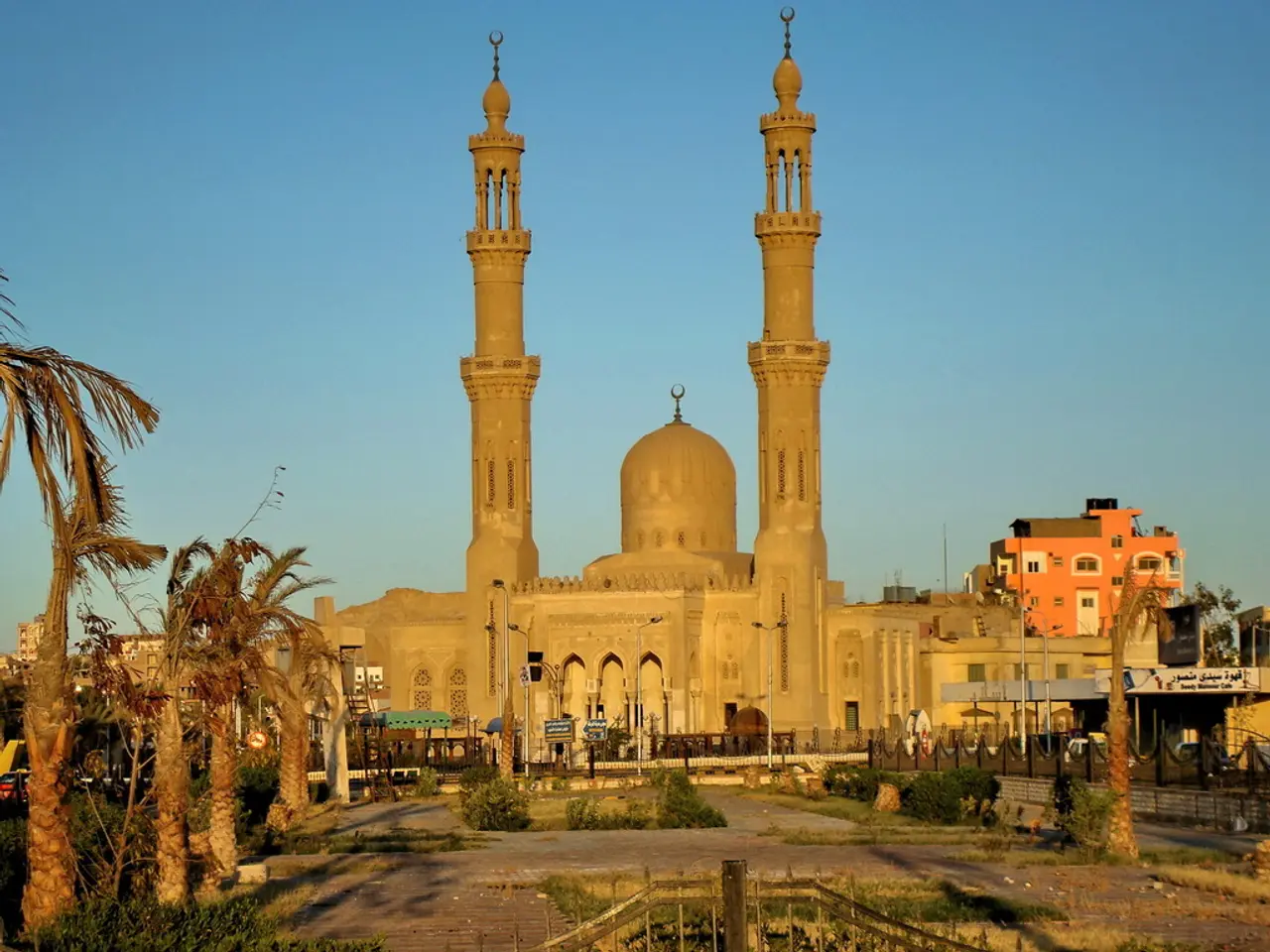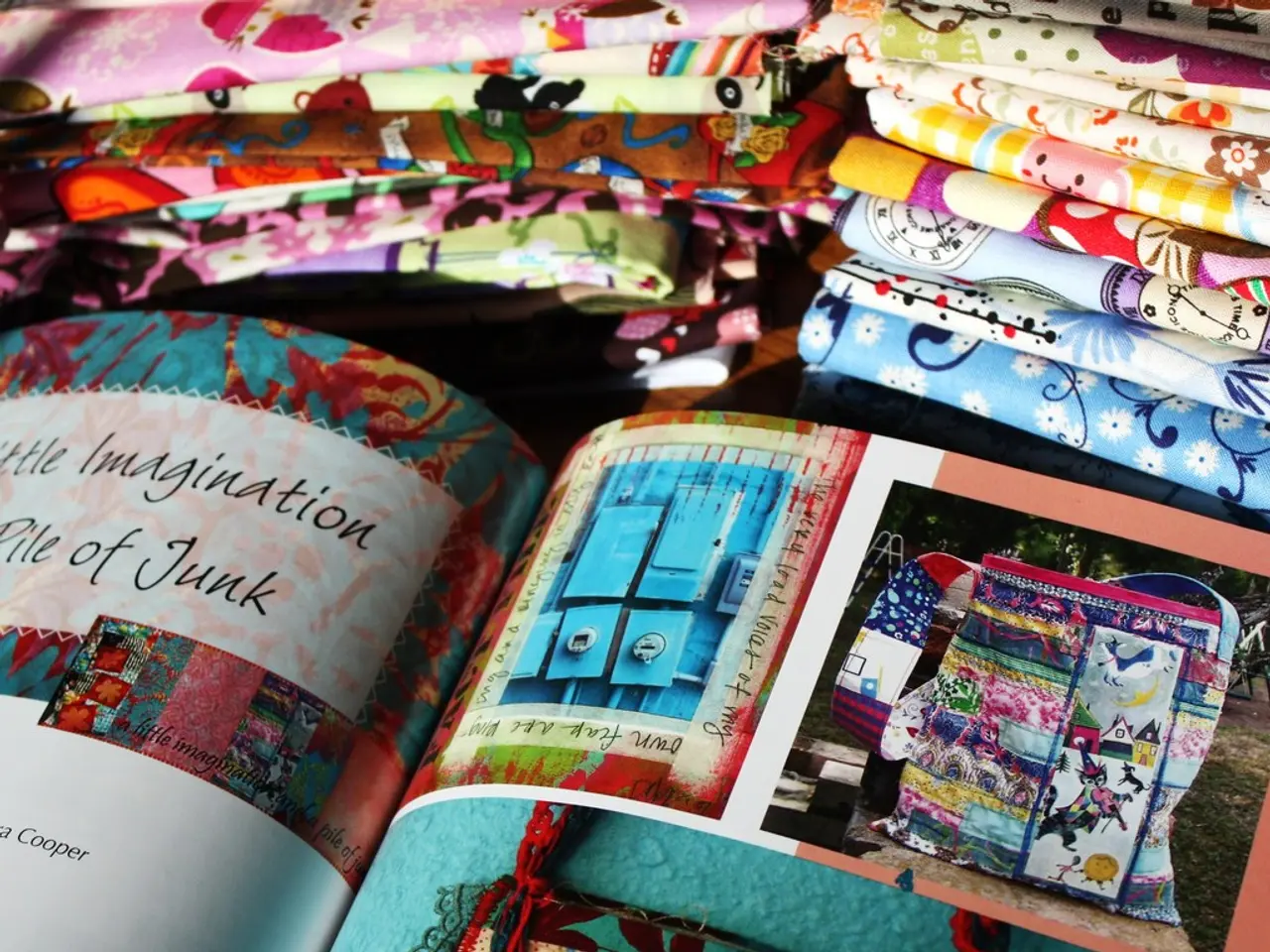Hindu Leadership Engages in Discussion with Sixty Islamic Clerics to Encourage Interfaith Communication
In a significant move towards promoting unity and harmony in India, the Rashtriya Swayamsevak Sangh (RSS) has initiated a series of dialogues between its leaders and prominent Muslim scholars, imams, muftis, and madrasa heads from across the country. The initiative, known as 'samvaad,' began in 2025 and aims to foster mutual understanding, build trust, and promote harmony between the Hindu and Muslim communities.
The first major meeting took place in July 2025 in New Delhi, where RSS chief Mohan Bhagwat met with around 60 Islamic scholars, including representatives from major seminaries like Darul Uloom Deoband, Bareilly Shareef, and imams from several states such as Haryana, Uttar Pradesh, Uttarakhand, Gujarat, and Chhattisgarh. The All India Imam Organisation (AIIO), which was celebrating its 50th anniversary, played a pivotal role in organizing and coordinating this meeting. Its chief, Imam Umer Ahmed Ilyasi, was instrumental in facilitating the dialogue with the RSS leaders.
The discussions, lasting about three-and-a-half to four hours, covered "national issues" and sought to address misunderstandings and mistrust between the communities. Both sides emphasized the need for continuous engagement and confidence-building measures. The objectives of the samvaad are to create a bridge between Hindus and Muslims by fostering better understanding of each other's religions, customs, and concerns, thereby reducing the trust deficit.
The dialogues also aim to initiate dialogues between various religious institutions and leaders such as "mandirs and masjids," "pujaris and imams," and also between educational institutions like "gurukuls and madrasas," as a way to strengthen grassroots interfaith cooperation across India. The discussions are intended to be ongoing, expanding the scale and impact of engagement over time.
During the meeting, issues such as the misuse of the Waqf Act, votebank politics, mob lynching, propaganda, and negative news were brought up as potential sources of conflict between the communities. Both the RSS and Muslim clerics agreed that such interfaith dialogues can help clear misconceptions and work collaboratively on societal issues, contributing positively to India's social fabric.
The head of the All India Imam Organisation, Imam Umer Ahmed Ilyasi, reiterated the importance of harmony in the country's development and progress. He expressed that understanding each other's religion through dialogue is a key step in creating trust and harmony between the communities. The RSS initiative is part of their centenary celebrations and is a reflection of their commitment to fostering unity and harmony in the nation.
Senior RSS leaders, including Krishna Gopal, Indresh Kumar, and Ramlal, attended the meeting alongside RSS chief Mohan Bhagwat. Bhagwat had held similar meetings with Muslim scholars and religious leaders in the past, indicating a continuous effort towards fostering better understanding and cooperation between the communities.
It is worth noting that the state of Chhattisgarh is considering stricter laws to curb religious conversion, which could potentially impact the interfaith dialogue efforts. However, the focus of the samvaad remains on building bridges and fostering understanding, rather than on legislative matters.
In conclusion, the RSS-Muslim samvaad launched in 2025 is a structured and high-profile dialogue process involving top leaders of both communities, with the aims of trust-building, religious understanding, harmony promotion, and collaboration on national interests through ongoing discussions between religious and educational institutions. The dialogues aim to foster a better understanding between the two communities and address the trust deficit.
In the context of the RSS-Muslim samvaad, discussions on "national issues" included potential sources of conflict such as votebank politics, mob lynching, propaganda, and negative news. ( idea of political issues or general-news)
The dialogues between RSS leaders and Muslim scholars in 2025 also aimed to initiate collaborative efforts between religious institutions like "mandirs and masjids" to strengthen grassroots interfaith cooperation. ( idea of politics and general-news through the lens of the dialogues and their purpose)






